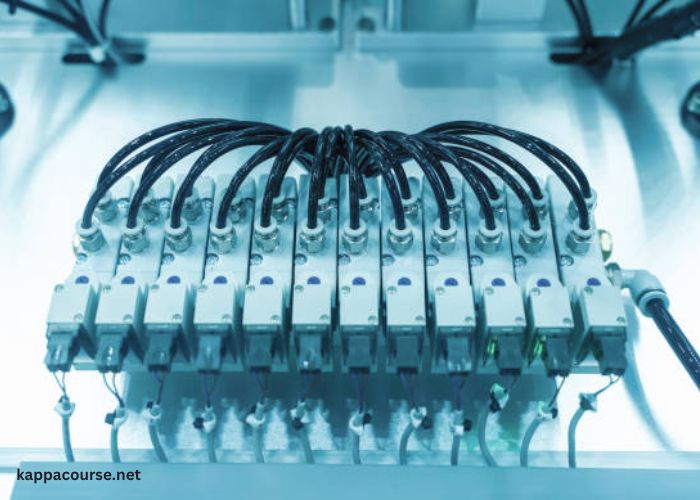Recovery from mental health challenges often leaves individuals questioning their place in the world and who they are at their core. Processing and moving beyond the past is a substantial part of the journey toward well-being. Rebuilding one’s identity can be a transformative experience, allowing for the embrace of a renewed version of oneself, unshackled by prior constraints. Keep reading to unearth the strategies and support systems that can facilitate this deeply personal metamorphosis.
Embracing The Journey To Redefine Yourself After Mental Health Struggles
Reinventing oneself post-mental health recovery begins with acceptance. Acknowledging your previous struggles as part of your history rather than your identity marks the stepping stone for transformation. This acceptance does not imply forgetting the challenges faced, but rather understanding that they’ve shaped you without defining you. Setting the stage for self-rediscovery often begins within the safe confines of professional support.
Finding support in residential mental health facilities in Texas could be pivotal in this journey. These sanctuaries offer the tools and therapeutic environments conducive to self-exploration and nurturing a new self-image. Here, therapy and guidance are instrumental in shedding light on the intrinsic values and strengths that comprise the bedrock of a new identity.
Consulting with peer groups who’ve walked similar paths can also inspire confidence as you reshape your life. Hearing success stories and shared experiences can mitigate feelings of isolation and instill a sense of fellowship. Remember, your journey is unique, though you walk the path with many who strive towards a similar destination of renewal.
Strategies for Building a Positive Self-Image and New Identity
Building a positive self-image often starts with small, consistent acts of self-affirmation. Crafting a set of personal affirmations that resonate with your desired self-image can set a positive tone for each day. Repeating these affirmations regularly helps to embed them in your subconscious, eventually influencing your thoughts and behaviors in a conducive manner for your new identity.
Engagement in creative pursuits provides a constructive outlet for expressing your evolving identity. Whether it’s through art, music, writing, or another form of creative expression, these activities allow you to explore and manifest facets of your new self in tangible ways. The process can be profoundly therapeutic, offering a reprieve from the critical self-analysis that often accompanies recovery.
Embarking upon educational opportunities, such as seeking an online psych NP certificate, can also be a substantial part of reshaping your professional identity. Gaining new knowledge and skills not only improves self-efficacy but can also redirect your purpose and career trajectory, aligning with the version of yourself you’re working to create.
Setting Goals and Harnessing Personal Growth During Transformation
Goal setting is paramount in shaping your new identity. Goals provide direction and a sense of purpose, elements which are fundamental during transformation. These objectives should be specific, measurable, achievable, relevant, and time-bound, forming a roadmap for success in your new identity.
Personal growth becomes a natural byproduct of goal setting. Achieving small milestones affirms the progress in your identity evolution, creating a compound effect of confidence and self-appreciation. It’s through calculated risks and challenges that personal development is fostered, continually pushing the boundaries of who you are becoming.
Maintaining Your New Identity: Self-Care and Continuous Improvement
Once a new identity begins to take shape, its maintenance becomes the focus. Continuous self-care is necessary to nurture and protect the identity you’ve worked hard to construct. Self-care practices should align with your personal needs and values, ensuring they contribute positively to your well-being and identity preservation.
Rituals and routines act as stabilizing factors in your life. Establishing daily and weekly rituals around self-care and growth-oriented activities reinforces your new identity. They remind us that the journey does not end with the achievement of goals, but that it is an ongoing process of refinement and celebration.
Altogether, remaking your identity after mental health challenges is a multifaceted and deeply personal journey. The strategies outlined here serve as guidelines to help navigate the process, with the understanding that the path is as unique as the individual walking it. Overall, with continuous self-care, a supportive network, and an eye toward growth, your new identity can become a powerful testament to resilience and self-discovery.







